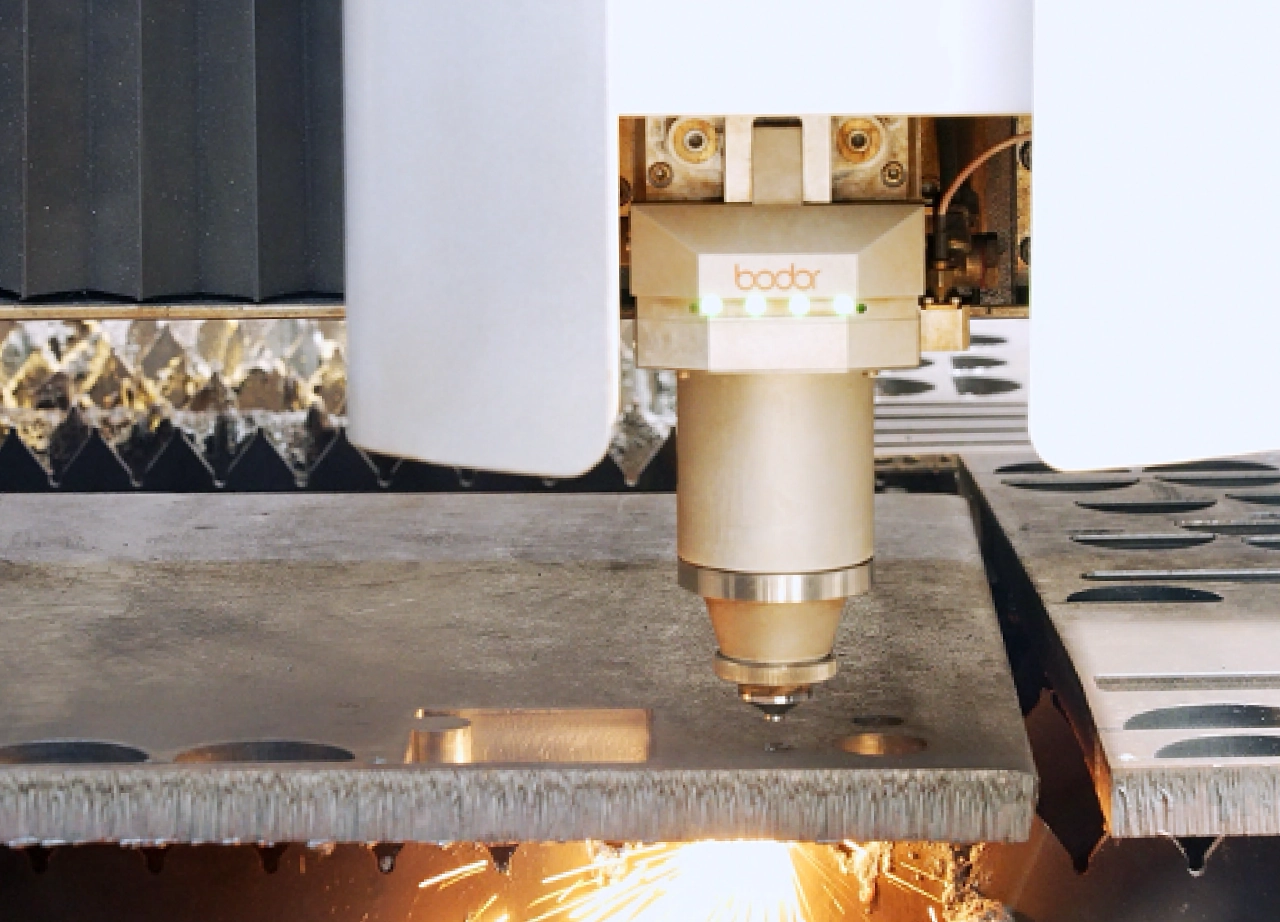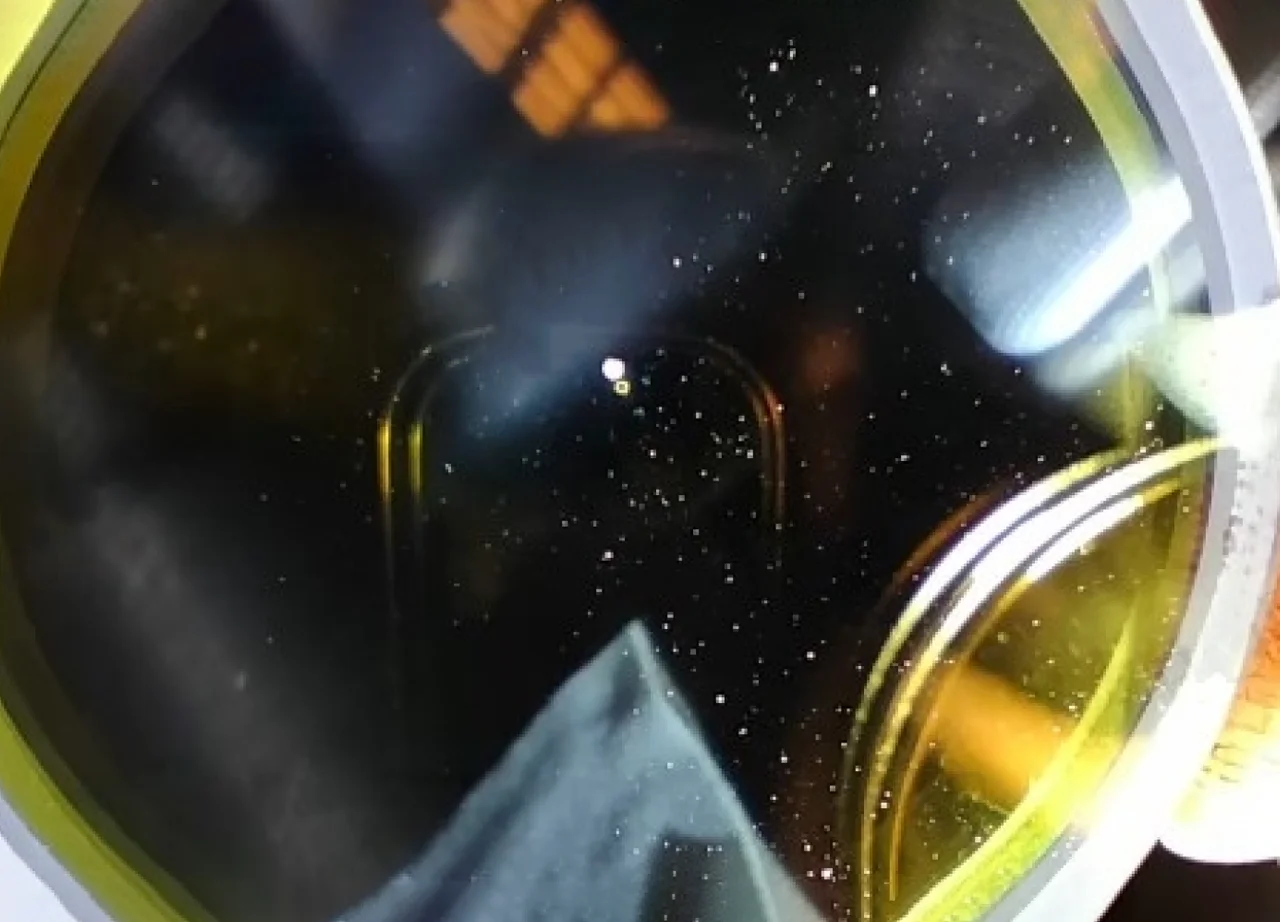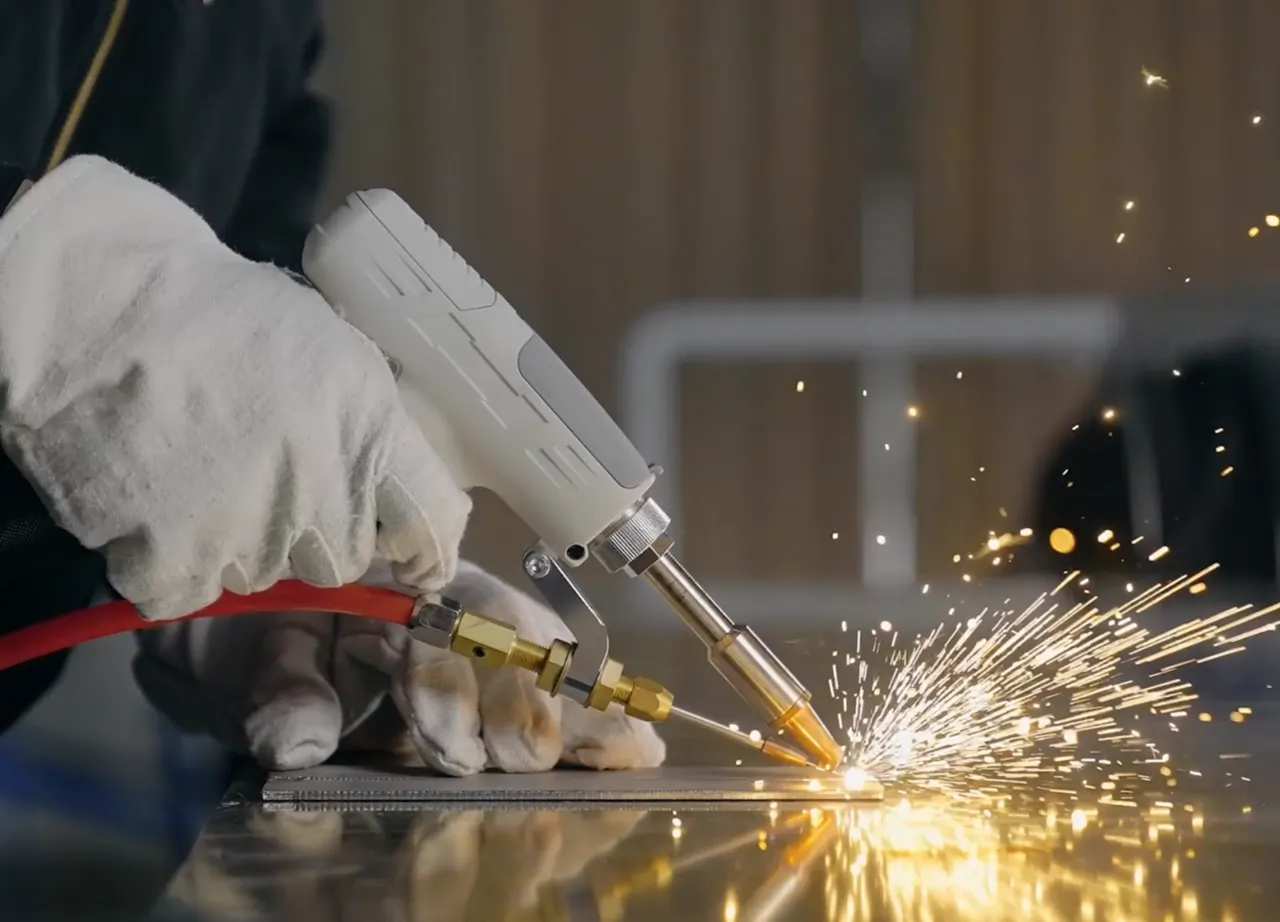Bodor Tech Blog
Trending and helpful laser knowledge for your success
Efficiency first - 10 common laser metal cutting quality defects and how to avoid them
Laser cutting is the most important application technology in the laser processing industry. It is also the earliest and most used processing method in laser processing. Because of its many advantages, it has been widely used in automobile manufacturing, aviation, shipbuilding, railway equipment, industrial automation, national defense, building materials and other industries. With the advantages of accurate, fast, simple operation and high degree of automation, laser cutting has become the first choice for manufacturers in the above industries to improve metal processing efficiency.
When manufactures want laser cutting to process their own metal parts or those of their clients, the most important and valuable thing they consider is mostly its ability to achieve fast, stable, and cost-saving cutting, which maximizes profits and wins trusts from customers. However, according to the experiences of Bodor service engineers, who help solve technical problems for Bodor product users, some cutting quality defects during actual cutting processing often bother them and make their objection not totally achievable. In this article, we gather the experiences of our engineers to conclude 10 common laser metal cutting quality defects and proved solutions, to help get satisfying laser cutting. Read on to learn more.
1. Poor cutting quality at only one side of the edge
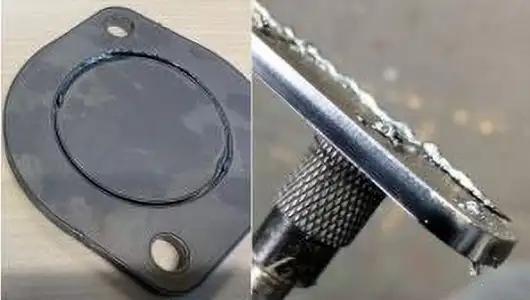
Causes: Laser beam is not aligned to lens; Nozzle is blocked or not round; Laser path not clean or not vertical to material
Solutions: Check beam centering, check nozzle, check laser head verticality or lens cleanliness
2. Kerf too wide
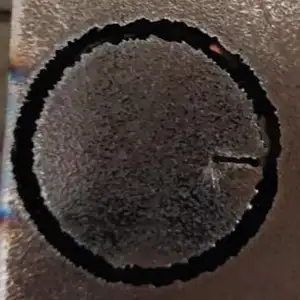 Causes: Gas pressure is too high; Focus height is too high; Too much laser power; Poor quality of material
Causes: Gas pressure is too high; Focus height is too high; Too much laser power; Poor quality of material
Solutions: Reduce pressure by 0.1bar every time; Lower focus height by 0.2mm every time; Reduce laser power; Clean material surface
3. Burnt corners
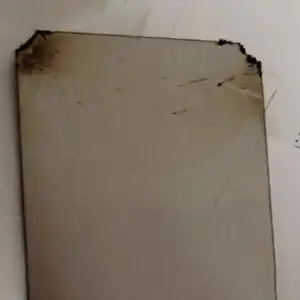 Causes: Corner overheat
Causes: Corner overheat
Solutions: Apply power curve or cooling point
4. Rough section only at the lower side of the edge
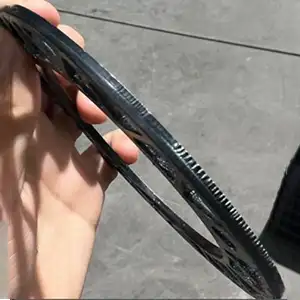 Causes: Gas pressure is too high; Focus height is too low
Causes: Gas pressure is too high; Focus height is too low
Solutions: Reduce pressure and increase focus height
5. Too rough striations at cutting edge
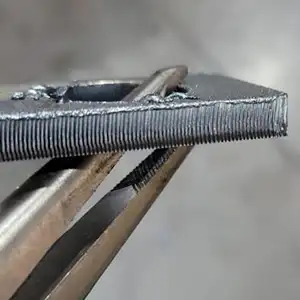 Causes: Gas pressure is too high; Focus height is too high; Cutting speed is too slow; Lens is dirty or damaged
Causes: Gas pressure is too high; Focus height is too high; Cutting speed is too slow; Lens is dirty or damaged
Solutions: Lower gas pressure; Lower focus height; Increase cutting speed; Check lens
6. Soft slags that can be removed at lower surface
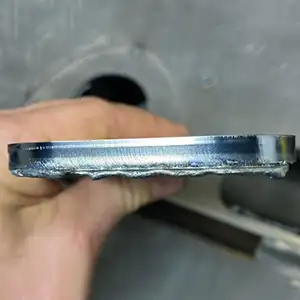 Causes: Cutting speed is too fast; Focus height is too high; Gas pressure is too high
Causes: Cutting speed is too fast; Focus height is too high; Gas pressure is too high
Solutions: Lower cutting speed; Lower focus height; Lower gas pressure
7. Coating peeled off at the lower edge
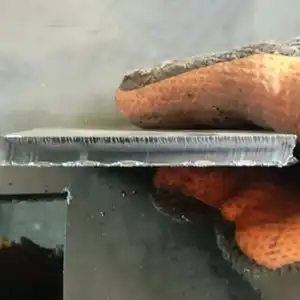 Causes: Gas pressure is too high; Focus height is too low; Cutting speed is too fast
Causes: Gas pressure is too high; Focus height is too low; Cutting speed is too fast
Solutions: Lower gas pressure and cutting speed; Increase focus height
8. Hard slags at the lower surface of stainless steel sheets
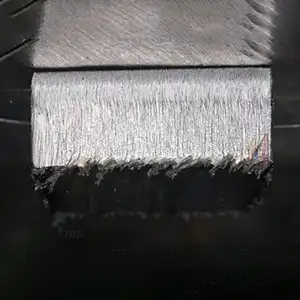 Causes: Focus height is too high; Gas pressure is too low; Cutting height is improper
Causes: Focus height is too high; Gas pressure is too low; Cutting height is improper
Solutions: Lower focus height; Increase gas pressure; Adjust cutting height
9. Abnormal color of the edge
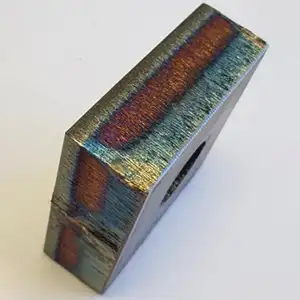 Causes: N2 is not pure
Causes: N2 is not pure
Solutions: Change to pure N2
10. Abnormal defect at starting cutting point
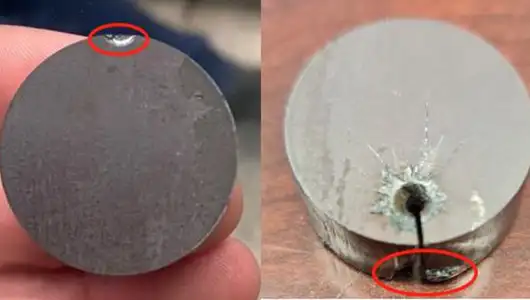
Causes: Wrong setting of laser on/off delay; Improper cutting lead
Solutions: Apply different lead line; Reset the laser on/off delay
For metal fabrication or manufacturing companies, it is crucial that laser cutting processing is not bothered or shut down by abnormal cutting defects. A stable, good-quality, and efficient laser cutting machine by a trustworthy company is what they truly need. And, we also keep an eye out for those common cutting defects, because laser cutting machines are still complex equipment that requires regular and careful maintenance.




